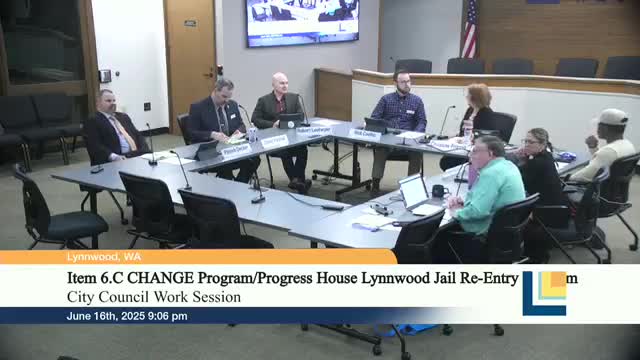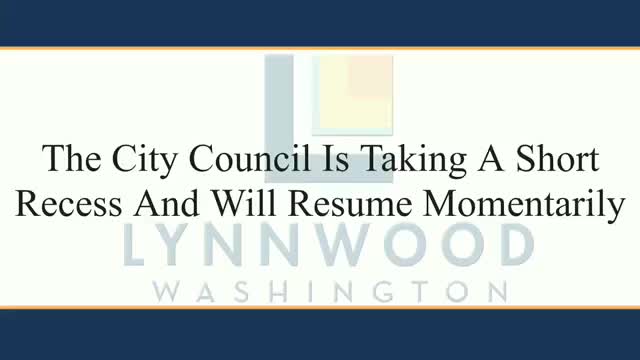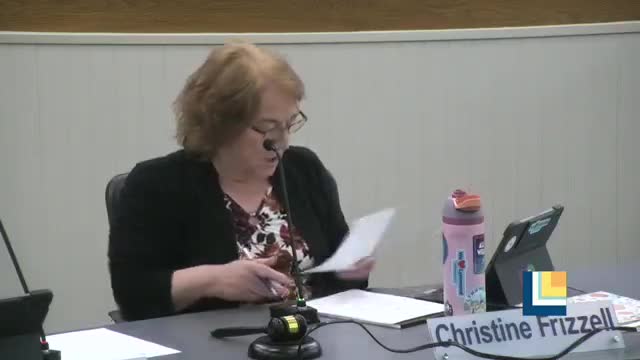Article not found
This article is no longer available. But don't worry—we've gathered other articles that discuss the same topic.

Progress House asks Lynnwood for $372,000 to sustain jail reentry "Change" program; council weighs short-term support

Council weighs how to spend opioid settlement receipts; staff proposes RFP and selection committee

